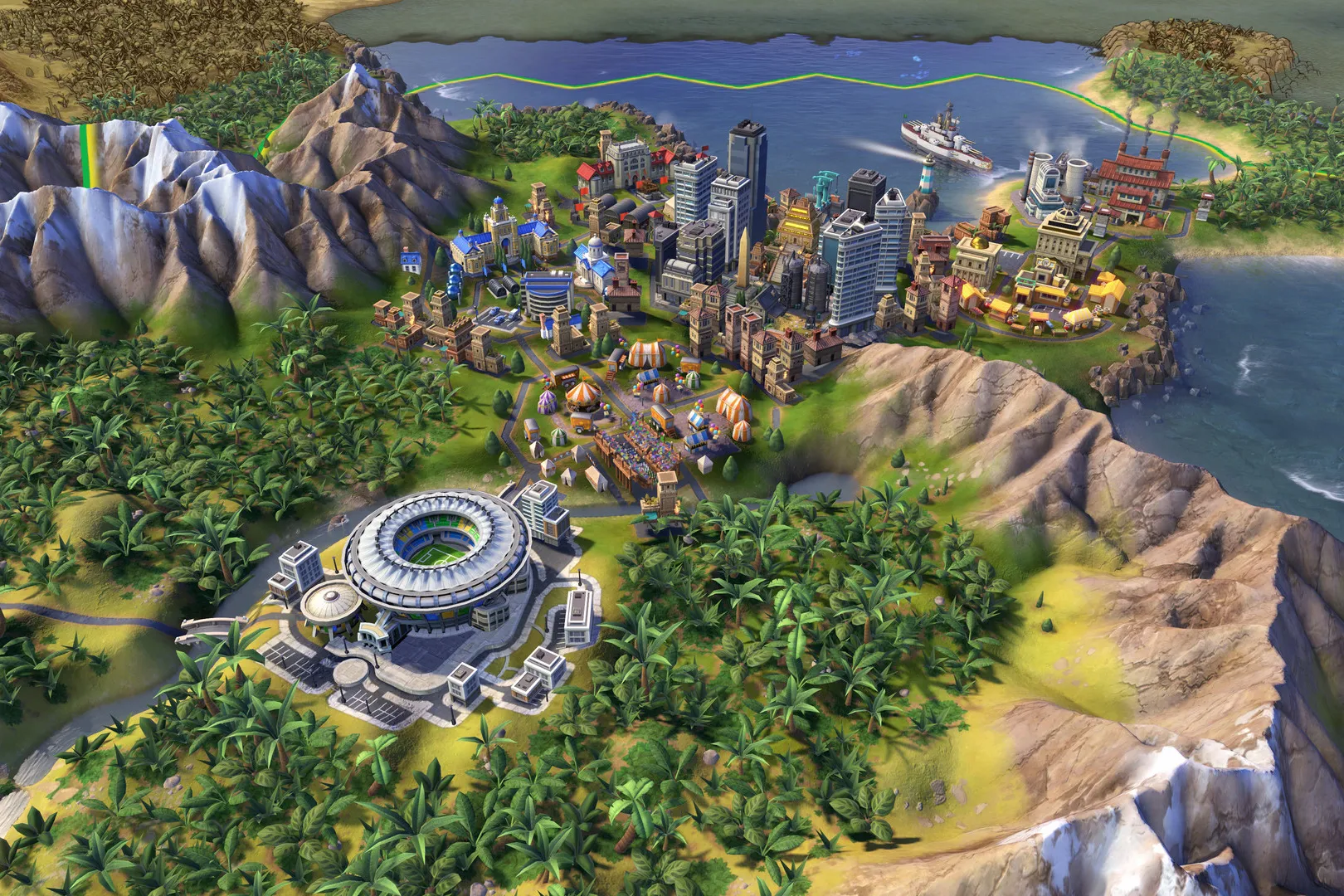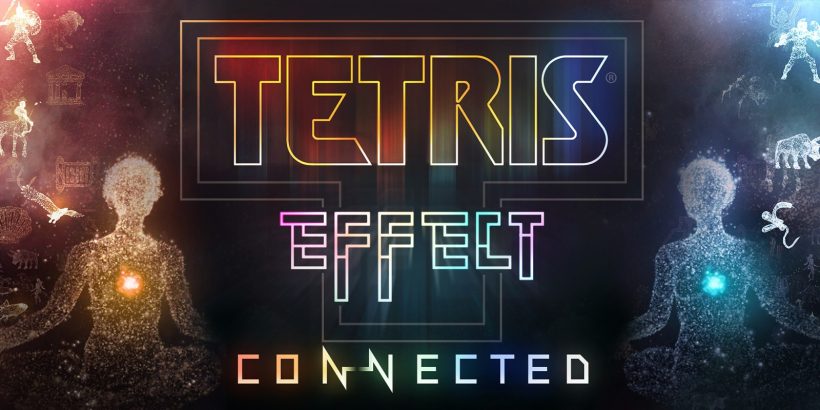Simulation games are a diverse category, but they all share a fundamental commitment to replicating real-world activities or systems within a digital environment. Key characteristics include:
- Replication of Systems: Whether it’s the physics of flight, the economics of a city, or the daily routines of a virtual person, these games strive for a high degree of authenticity in how their systems behave.
- Management & Strategy: Players are often tasked with making strategic decisions, managing resources (money, people, time, materials), and overseeing operations to achieve desired outcomes.
- Player Control: A significant degree of agency is given to the player, allowing them to shape environments, create entities, or execute complex tasks.
- Open-Ended Gameplay: While some simulations have specific objectives, many offer sandbox-style gameplay where the goal is simply to build, grow, and maintain your creation, leading to endless replayability.
- Detailed Environments: These games often feature intricate details, complex UIs, and robust mechanics that reward players who delve deep into their systems.
From Pixels to Profound Realism: Evolution of Simulation Games
The simulation genre has been a consistent driver of innovation, pushing the boundaries of realism, complexity, and immersive world-building:
- The Early Seeds (1980s): While simpler simulations existed earlier, the genre truly began to flourish in the 1980s with titles like Microsoft Flight Simulator (1982), which aimed for realistic flight mechanics, and SimCity (1989), which revolutionized city-building by allowing players to design and manage sprawling metropolises. These games introduced the concept of open-ended management to a wide audience.
- The Tycoon Boom & Life Simulation (1990s – Early 2000s): The 90s saw an explosion of “tycoon” games, where players managed everything from theme parks in RollerCoaster Tycoon (1999) to hospitals in Theme Hospital (1997), focusing on intricate management mechanics. The turn of the millennium brought The Sims (2000), which became a cultural phenomenon by allowing players to control virtual lives, relationships, and homes, popularizing the life simulation subgenre.
- Hyper-Realism & Niche Domination (2010s – Present): Modern technology has allowed for unprecedented levels of detail and realism. Games like Cities: Skylines (2015) refined city-building, while niche simulators like Euro Truck Simulator 2 (2012) and Kerbal Space Program (2015) gained massive followings by offering deeply authentic experiences. The genre continues to expand with “job simulators” (PowerWash Simulator, House Flipper) and survival simulations (RimWorld) focusing on meticulous management in diverse scenarios.
Diverse Worlds, Distinct Experiences: Key Simulation Subgenres
The simulation genre is a vast ecosystem, encompassing a wide array of experiences:
- Life Simulation: Focuses on managing the daily lives, relationships, and needs of virtual characters or communities (e.g., The Sims, Animal Crossing, Stardew Valley).
- Construction & Management Simulation (CMS) / Tycoon: Players build, expand, and manage a business, institution, or infrastructure, optimizing resources and profits (e.g., RollerCoaster Tycoon, Planet Zoo, Two Point Hospital).
- City-Building Simulation: A specific type of CMS where players design, plan, and govern an urban environment, balancing services, population growth, and infrastructure (e.g., SimCity, Cities: Skylines).
- Vehicle Simulation: Replicates the experience of operating specific vehicles with high fidelity, from airplanes and cars to trains and trucks, often with complex controls and physics (e.g., Microsoft Flight Simulator, Gran Turismo, Euro Truck Simulator 2).
- Sports Management: Focuses on the strategic, off-the-field aspects of sports, allowing players to manage teams, recruit players, and devise tactics (e.g., Football Manager series).
- Survival Simulation: Emphasizes resource management, crafting, and strategic decision-making to endure harsh environments or challenging scenarios (e.g., RimWorld, Don’t Starve).
- “Job Simulators”: Highly specific simulations that recreate the tasks and routines of various professions, often with a quirky or relaxing appeal (e.g., PowerWash Simulator, House Flipper).
Master Your Domain: Must-Play Simulation Games
These iconic titles represent the pinnacle of the simulation genre, offering deep engagement and endless hours of gameplay:
- The Sims 4 (2014): The quintessential life simulation, offering unparalleled freedom to create characters, build dream homes, and tell countless virtual stories.
- Cities: Skylines (2015): A modern benchmark for city-building, providing deep management mechanics, vast maps, and incredible creative freedom for urban planners.
- Microsoft Flight Simulator (2020): A breathtakingly realistic vehicle simulation, leveraging real-world geographical data to offer an unparalleled global flight experience.
- Stardew Valley (2016): A charming and incredibly addictive farming and life simulation game that blends deep gameplay with heartfelt storytelling and community building.
- RollerCoaster Tycoon Deluxe (1999): A timeless classic that lets players design and manage their dream theme parks, balancing thrilling rides with guest satisfaction and financial viability.
- Kerbal Space Program (2015): A unique and challenging spaceflight simulator that tasks players with designing, building, and launching rockets and spacecraft based on realistic aerodynamic and orbital physics.
- Factorio (2020): A highly addictive and complex factory-building simulation where players design and manage automated production lines to craft increasingly intricate items.
- Two Point Hospital (2018): A humorous and engaging management sim where players design and run quirky hospitals, managing staff, patients, and absurd illnesses.

Niche Gems & Unconventional Realism: Underrated Simulation Journeys
Explore these lesser-known but equally captivating simulation experiences:
- Papers, Please (2013): A unique dystopian document-checking simulator where players work as an immigration inspector, making difficult moral choices under oppressive rule.
- Euro Truck Simulator 2 (2012): Surprisingly immersive and relaxing, this game allows players to experience the life of a truck driver, transporting goods across a meticulously recreated Europe.
- Slime Rancher (2017): A charming first-person adventure and farming simulation where players explore an alien planet, catch adorable slimes, and build a thriving ranch.
- PC Building Simulator (2018): A surprisingly educational and satisfying game where players diagnose, repair, and build custom PCs, managing components and customer demands.
- Frostpunk (2018): A bleak but compelling city-builder and survival simulation set in a frozen, apocalyptic world, forcing players to make brutal moral decisions to keep their city alive.
Why We Build & Control: The Enduring Appeal of Simulation
The magnetic draw of simulation games lies in their ability to provide:
- A Sense of Mastery: The satisfaction of understanding complex systems, overcoming challenges, and seeing your creations flourish.
- Creative Freedom: Many simulations offer sandbox environments where players can build, design, and experiment without strict limitations.
- Relaxation & Flow: For many, the methodical nature of managing systems or performing realistic tasks can be incredibly calming and absorbing.
- Escapism & Role-Playing: The chance to step into roles they might not experience in real life, from city mayor to airline pilot.
- Problem-Solving: The genre constantly presents new dilemmas that require strategic thinking and innovative solutions.
Conclusion: Craft Your Own Reality!
Simulation video games offer a unique and profound form of engagement, inviting us to build, manage, and master virtual worlds with an unparalleled sense of control and depth. They prove that compelling gameplay isn’t always about explosions, but often about the intricate beauty of systems, the satisfaction of creation, and the pursuit of perfection.
What’s the most unusual or rewarding simulation game you’ve ever played? Do you prefer managing a grand empire or a cozy virtual life?
Now that you’ve explored the intricate world of simulation video games, we’d love to hear about your virtual conquests! Head over to our Review Page to share your personal reviews of your favorite simulation titles, discuss your most impressive in-game creations, or simply tell us what draws you to the art of virtual management!





Leave a Reply